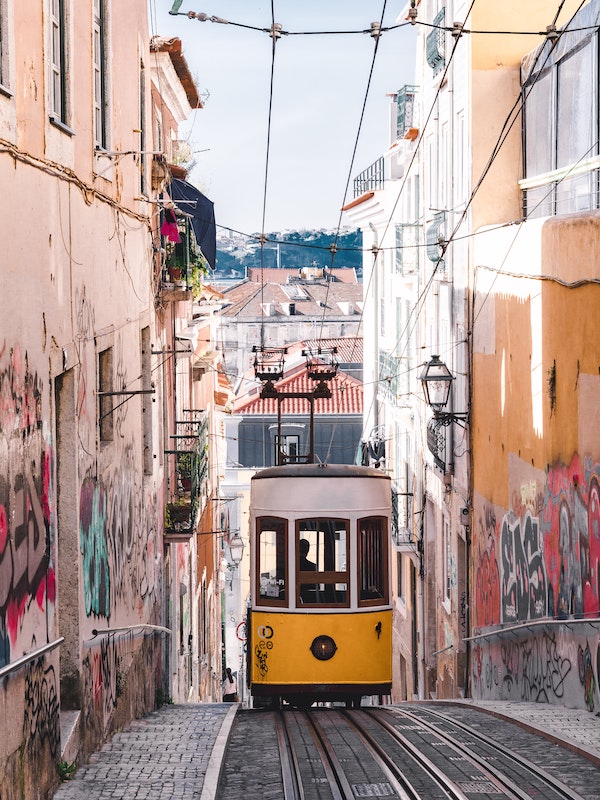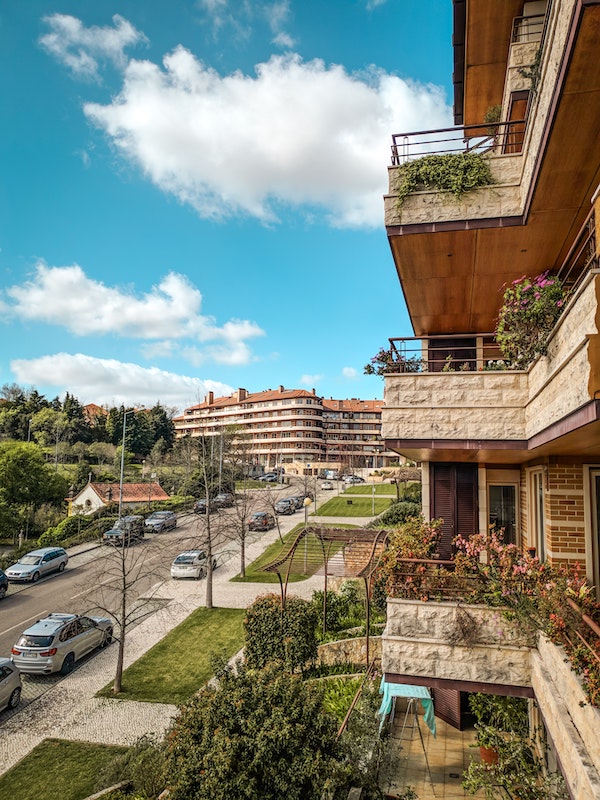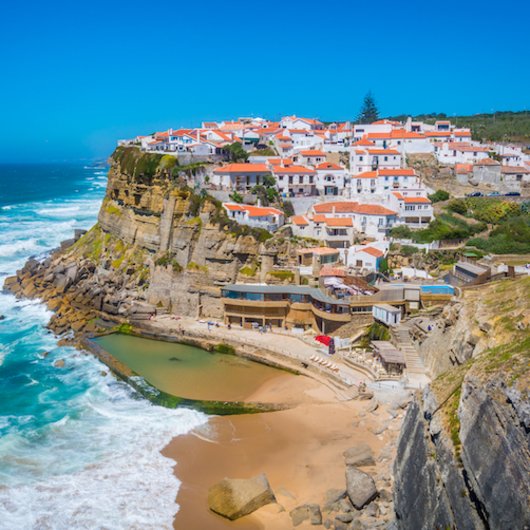
Future of real estate investments in Portugal
Future of real estate investments in Portugal
What property investors can expect in Portugal in 2021?
Portugal scored a huge success with its Golden Visa scheme. It's now hauled in over €5 billion of investment, with over 1,300 applications approved just in 2018. Over 90% of applicants used the real estate route, though there are others, such as starting up a business in Portugal.
But the scheme has become a victim of its own success. The Portuguese government has now announced some restrictions on the scheme.
From 2021, not all real estate in Portugal will be eligible for the scheme, which gives a residence permit if you invest over €500,000 in Portuguese property.
• You won't be able to invest in the two biggest cities, Lisbon and Porto.
• You won't be able to invest on the coast.
• That leaves inland municipalities such as second tier cities and rural property.
• Madeira and the Azores remain open for investment under the Golden Visa scheme.
What impact will this have on the real estate market?
Coronavirus notice: we know the market is also pretty much affected by Covid-19 pandemic, the demand has been decreasing, and the prices might fluctuate. However the changes in Golden Visa Scheme will be applied as well.
Download the complete guide for free
Ready to turn your dream of owning property in Portugal into reality? Our comprehensive guide, "How to Buy Property in Portugal," is your essential resource for confidently navigating the Portuguese real estate market.
Fill out the form below and download your copy now.

Please share your details
 Impact of new Golden Visa rules
Impact of new Golden Visa rules
We think apart from possibly moderating the rate of price increase in Lisbon, probably not much. Most investors in the Portuguese residential property market are EU citizens, to whom the Golden Visa scheme doesn't apply since Freedom of Movement already gives them the right to reside in Portugal. 21% of foreign buyers are French, and 9% are German, for instance.
The largest single non-EU nation represented is Brazil, at 18%. That changed this year with the UK, also at 18%, leaving the EU; it remains to be seen whether Brits will take to the Golden Visa scheme. Next largest non-EU nation is China, but there's a huge step down to just 7% of foreign property purchases.
The impact of the golden visa scheme is also concentrated on higher value properties. While it would be possible to purchase a small portfolio of investment properties for rent, a large number of purchasers are simply buying one larger luxury property in a sought-after area. So there will probably be a limited impact on properties in the €100-300,000 range, for instance.
It's worth noting that realtors reported a lot of investors deciding to cancel transactions when they heard about the changes. Fortunately, the government has responded to property professionals' concerns by announcing that the changes will not be retroactive, and any deal that goes ahead by the end of 2020 will qualify under the existing rules. Don't cut it too fine though - if your completion date slips into 2021 you might still lose out.
 Where to look further?
Where to look further?
Remember things don't work fast in Portugal. Just opening a bank account can take six weeks.
The changes to the scheme take away the easiest route to a Golden Visa. You'll have to do a bit more work and be a bit smarter. But that said, Portugal still offers some great opportunities, and if you're an investor, rental returns are among the best in the EU at 5.5%.
Looking at the second tier of cities, two cities with populations of around 140,000 look attractive - Braga, in the north, and Coimbra, in central Portugal.
Coimbra is a big university town with a UNESCO heritage listed historic centre. It has great motorway connections to Lisbon and Porto, and is the centre of a prosperous region. The local economy has thriving tech and healthcare businesses, as well as the university, and 2019 saw property prices increase by 9%. €225,000 is enough to buy a five-bed house in a suburb like Cernache, or a two-bed apartment nearer the centre of the city.
Braga is a charming city close to the mountains, with a centre full of baroque palaces and churches. But while its heritage is ancient, it's a very modern city with a rapidly growing computer and high tech sector, as well as the University of the Minho and a nanotech laboratory. Property prices here rose 12.7% in 2019 and there's strong demand. Apartments start around €100,000, but you could pay up to €2m for a completely restored old farmhouse in the nearby hills, with five bedrooms, pool, and - sign of Portuguese gentry - a "weapons room" (sala de armas - basically a great hall).
Smaller towns with just over 50,000 population that might be worth investigating include Guimaraes, which was the 2012 European Capital of Culture and is renowned for confectionery, and Evora, second 'most livable' city in Portugal according to the Expresso newspaper. Funchal, capital of Madeira, is also worth a look.
For those prepared to look a bit further, it's worth noting that the €500,000 minimum investment is reduced in two circumstances:
• to €350,000 if you buy a property over 30 years old in an urban regeneration area,
• and to €280,000 if you buy a property over 30 years old in a rural area with fewer than 100 inhabitants per square kilometre.
What are the other changes?
Another change which may also affect the property market in some areas which have traditionally been popular with retirees is that to Non-Habitual Resident status. Previously, those retiring to Portugal could benefit from zero tax on their income from aborad for the first ten years. Now, instead, foreign pension income will be taxed at 10%.
However, other income from abroad (such as rentals, capital gains, or interest and some dividends) won't be taxed in Portugal. And let's face it, most countries have a tax rate higher than 10%, so Portugal still looks a good place to retire for most people.
We should stress that again, the changes aren't retroactive. Anyone who has already retired to Portugal will continue to get their foreign pensions tax-free.
The Golden Visa scheme's rules have been reset. But it's still possible to make a good investment in Portuguese real estate, and benefit from the scheme. And in fact, some people think Lisbon and Porto have become too expensive anyway. You may actually be making a better investment if you buy in one of the secondary cities.
 Impact of new Golden Visa rules
Impact of new Golden Visa rules Where to look further?
Where to look further?





